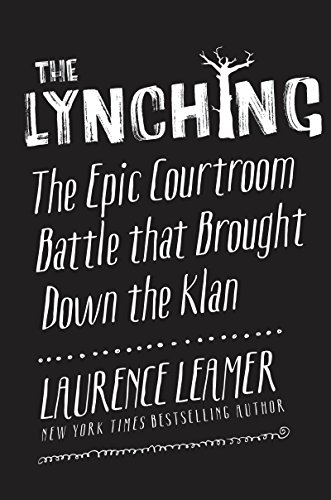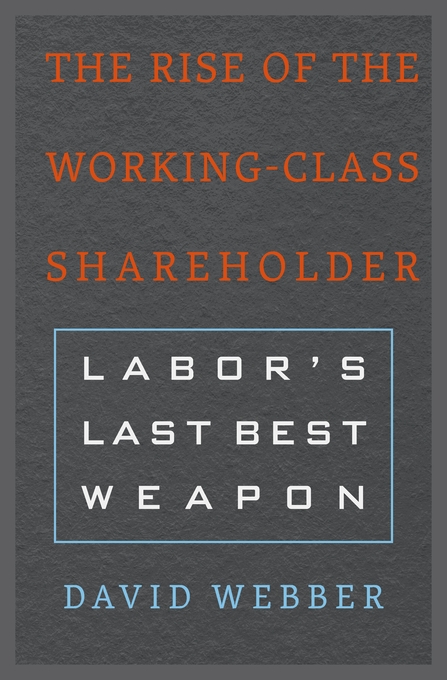The three legal research databases, Bloomberg Law, Lexis & Westlaw, are available to Brooklyn Law School students this summer. There is also continuing access for May 2018 graduates. See the details below:
 Bloomberg Law: Provides unlimited and unrestricted access over the summer. Student accounts will remain active and available all summer. Graduating students have continued access for six months after graduation.
Bloomberg Law: Provides unlimited and unrestricted access over the summer. Student accounts will remain active and available all summer. Graduating students have continued access for six months after graduation.
For questions, contact Julia Perdue, Client Success Manager, jperdue@bloomberglaw.com, 646-701-3831
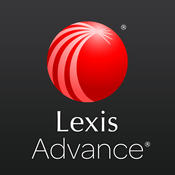 Lexis Advance: Students will have continuing access during the summer for all legal and news content on Lexis. During the summer months of May, June and July, the permissible uses of your Lexis educational ID are expanded to include use at any law firm, government agency, court or other legal position, internship, externship or clerkship.
Lexis Advance: Students will have continuing access during the summer for all legal and news content on Lexis. During the summer months of May, June and July, the permissible uses of your Lexis educational ID are expanded to include use at any law firm, government agency, court or other legal position, internship, externship or clerkship.
May 2018 graduates have continuing access to Lexis for six months after graduation to study for the bar exam, prepare for employment, improve research skills, etc.
For questions, contact Mary Beth Drain, Research Consultant, marybeth.drain@lexisnexis.com, 845-598-3203.
 WestlawNext: Students can use Thomson Reuters products, including Westlaw, Practical Law, and the Practice Ready solutions over the summer for non-commercial research. You can turn to these resources to gain understanding and build confidence in your research skills, but you cannot use them in situations where you are billing a client. Examples of permissible uses for your academic password include the following:
WestlawNext: Students can use Thomson Reuters products, including Westlaw, Practical Law, and the Practice Ready solutions over the summer for non-commercial research. You can turn to these resources to gain understanding and build confidence in your research skills, but you cannot use them in situations where you are billing a client. Examples of permissible uses for your academic password include the following:
- Summer coursework
- Research assistant assignments
- Law review or journal research
- Moot court research
- Non-profit work
- Clinical work
- Externship sponsored by the school
You do not have to do anything to gain access to these tools over the summer.
Students who are graduating can use Thomson Reuters products, including Westlaw and Practical Law, for eighteen months after graduation. Your “Grad Elite” access gives you sixty hours of usage per month, with no restrictions against using them for professional purposes.
Extend access by logging into http://www.lawschool.westlaw.com, where a pop-up window will appear once you sign on.
For questions, contact Stefanie Efrati, Academic Account Manager, stefanie.efrati@thomsonreuters.com, 646-223-4918.
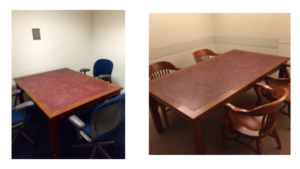 During the Spring 2018 reading and exam period which starts April 27, 2018 (Friday), you must make a reservation to use a library study room. All of the study rooms will be locked; please go to the first floor circulation desk when your reservation time begins to charge out the key to the room. The link for study room reservations can be found on the library homepage under Related Links.
During the Spring 2018 reading and exam period which starts April 27, 2018 (Friday), you must make a reservation to use a library study room. All of the study rooms will be locked; please go to the first floor circulation desk when your reservation time begins to charge out the key to the room. The link for study room reservations can be found on the library homepage under Related Links.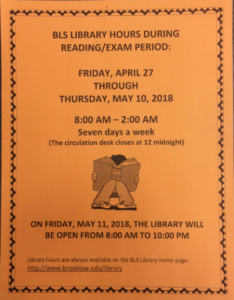 Library Hours for the Reading/Exam Period
Library Hours for the Reading/Exam Period 



